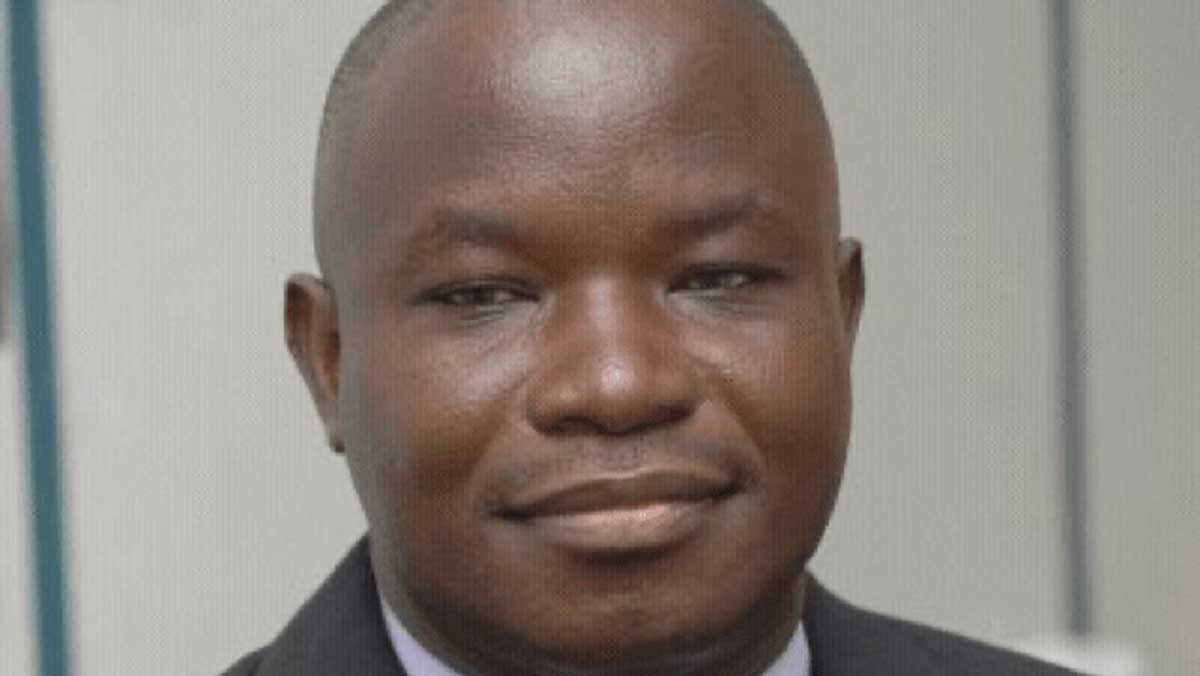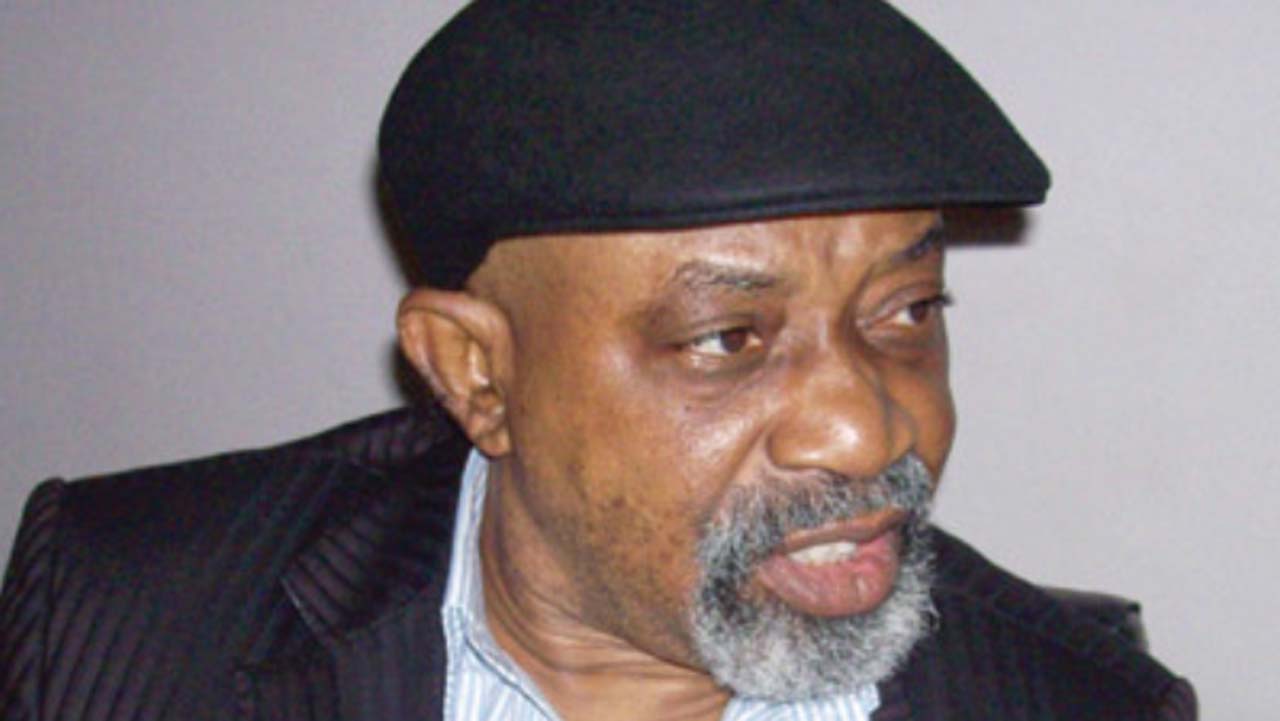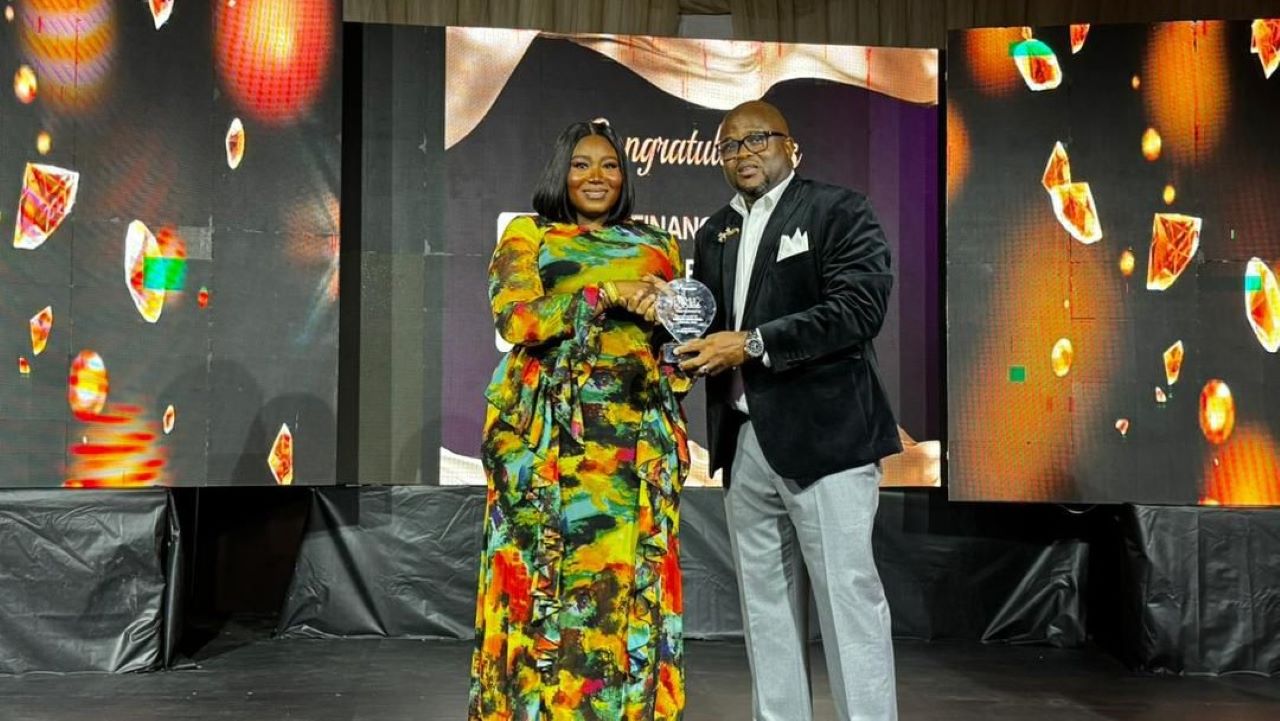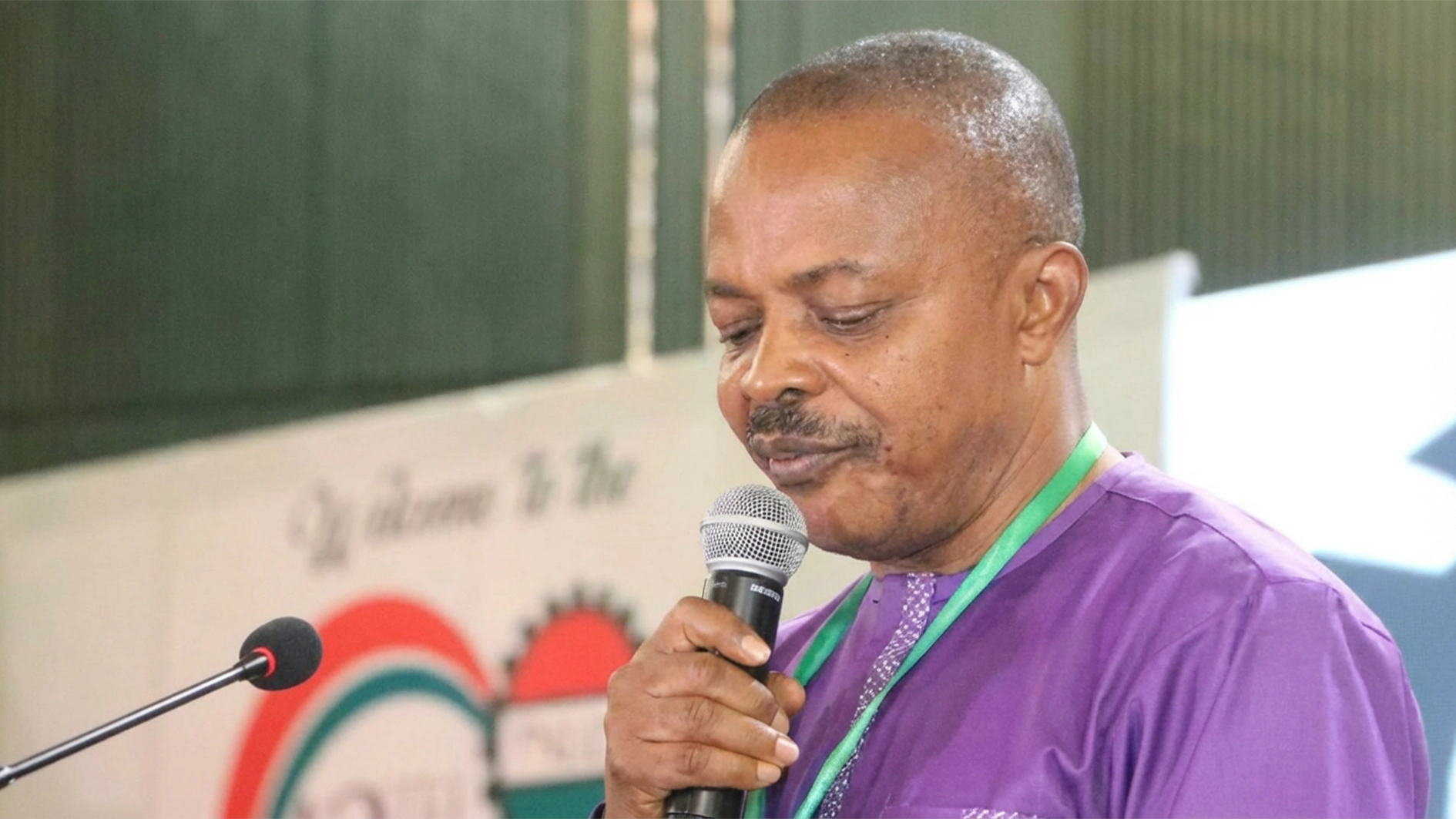
It is the first time an African is heading the ILO, an organisation that has existed for over 100 years. He was elected by the ILO’s governing body, composed of representatives of governments, workers and employers during their meeting in Geneva, Switzerland.
Houngbo, who is currently President of the International Fund for Agricultural Development (IFAD), will begin his five-year term on October 1.
Nigeria’s Minister of Labour and Employment, Chris Ngige, who had shown support earlier for Houngbo, when he was in company with the Ambassador of Togo, Lene Dimban, and other embassy officials and the President of the Nigeria Labour Congress (NLC), Ayuba Wabba, came to seek Nigeria’s support during his campaign.
At the meeting, Ngige said Nigeria, as a tripartite member of the ILO Governing Board, would do everything possible to see that the continent speaks with one voice during the election.
He said that having worked in ILO before now, Huongbo would bring to the table a wealth of experience garnered over the years.
Ngige emphasised that besides the Togolese national having been chosen as the continent’s candidate, Nigeria firmly believes in and promotes regional cooperation and integration.
While appraising him, the minister expressed happiness that the African Union (AU) candidate realised that Africa was leading the quest for the democratisation of ILO.
He recalled that as a government leader and chairman of the Governing Board for two years, he championed the democratisation of the UN agency, speaking on behalf of Africa, Asia and other continents.
He said: “You have also mentioned the pains Africa suffered, especially with youth unemployment. I don’t want to over-flog it but you can see the symptoms and social dislocations security-wise. I will also ask you that if you get there, you work with other UN bodies to assist Africa, especially West Africa, to benefit from the technical assistance being offered by all these bodies. We need all this assistance to fight the menace of unemployment, caused by our burgeoning population.
“Nigeria asks for more social protection assistance. ILO has to do more. Social protection is an ILO matter, but ILO has not shown sufficient lead in the implementation of social security in member countries, be it old age, maternity and health. ILO has to take up the gauntlet, for protection of people who risked a great part of their life for working in service to their country.”
When The Guardian sought the views and expectations of other labour experts, who commended the feat, they said it was a great privilege for the first time for Africa to lead ILO in the capacity of Director-General.

“As you are aware, most of our labour legislations are obsolete, we are confident that a lot of technical support would be gotten to facilitate the review of such legislation. I congratulate Gilbert Houngbo from Togo, and Africans as a whole for this global feat and pray for a very successful and rewarding tenure,” Okon said.
Similarly, National President, Petroleum and Natural Gas Senior Staff Association of Nigeria (PENGASSAN), Festus Osifo, in his reaction, said the new ILO DG had been at the forefront of workers’ liberation over the years.
He said: “We believe he will bring his wealth of experience in moving the organisation to a higher height.”
Also, a labour lawyer, Paul Omoijiade, in his position, said Houngbo needed to bring Africa into the mainstream of international best practices in employment relationship.
He said he should make African leaders domesticate ILO Conventions because there was a direct relationship between economic development and compliance with international best practices.
According to him, countries that have no regard for ILO conventions and recommendations are economically backward.
Additionally, former president of the Human Capital Providers Association of Nigeria (HuCaPAN), Aderemi Adegboyega, said Houngbo’s emergence signaled recognition of African countries as important stakeholders in the United Nations’ organ.
He said it helps to project African countries’ interests and make their peculiarities become a global agenda.
As African countries’ labour relations issues come to focus, he said it would bring funding and fellowships support into Africa.
According to him, there is a need for African countries to ratify ILO conventions and recommendations for the improvement of policies and laws of their respective countries as it affects growing unemployment.
He added that he hoped that concerns for the labour market in African countries would come to greater focus.

“I commit to representing the voices of those who rely on us in ILO. I am thinking about the four billion people around the world who do not have access to social protection. I am thinking about the 200-plus millions of women and men who face unemployment. The 160 million children in child labour. 1.6 billion people in the informal sector. The enterprises, particularly the small and medium-sized enterprises are facing supply chain disruption or closure due to crises, including the pandemic, climate change and armed conflicts. I am thinking about the women and men who face discrimination, violence and harassment in the workplace and elsewhere. These are all expressions of unacceptable social injustice that we are morally if not legally, bound to address.”
The new director-general’s five-year term will begin on 1 October 2022. The current Director-General, Guy Ryder, from the United Kingdom, has held office since 2012.
The ILO’s Governing Body is composed of 56 titular members (28 governments, 14 employers and 14 workers) and 66 deputy members (28 governments, 19 employers and 19 workers). The employer and worker members are elected in their capacity. The ILO is the oldest specialised agency of the UN. It was founded in 1919 and has the mandate to promote decent work for all. It has 187 member states.






